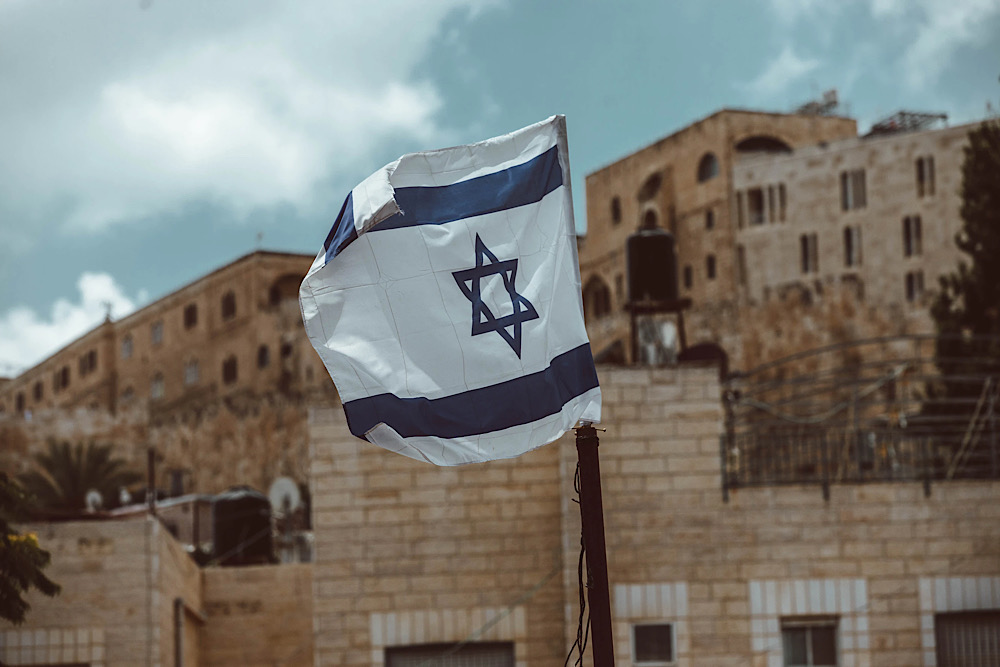Israel reports record $12.5 billion defence exports, 24% of them to Arab partners

JERUSALEM
Israel exported a record $12.556 billion in defence products last year, with new Arab partners under the US-sponsored 2020 Abraham Accords, accounting for almost a quarter of the business, the defence ministry said on Tuesday.
It said the 2022 figures marked a 50% increase over the previous three years and a doubling in volume over the previous decade. Drones accounted for 25% of the 2022 exports and missiles, rockets or air defence systems for 19%, it said.
Without naming specific clients, the ministry said 24% of defence exports were to Abraham Accords countries. The United Arab Emirates and Bahrain were signatories to those accords, while Israel often counts Morocco and Sudan as part of them as well.
Asia and the Pacific accounted for 30% of Israeli defence exports, Europe for 29% and North America for 11%, it said.
Data from Israel’s Defence Ministry show defence exports top US$ 12.5 billion. Accords partners represent about 25 per cent of the total. Sales jumped by 50 per cent over the previous three years. Asia-Pacific accounted for 30 per cent of sales, followed by Europe with 29 per cent.

Jerusalem (AsiaNews) – The "Abraham Accords" continue to fuel Israeli arms exports, with record sales to Gulf countries and Asia.
According to data from Israel’s Ministry of Defence, the Jewish state exported defence products worth more than US$ 12.5 billion in 2022, one quarter to the Arab countries (United Arab Emirates, Bahrain, Morocco, Sudan) who signed the 2020 Abraham Accords sponsored by the former Trump administration.
Last year, former Israeli Defence Minister Benny Gantz boasted that the Accords were worth US$ 3 billion in sales to Arab countries. The latest data show that sales in 2022 jumped by 50 per cent over the previous three years, double over the previous decade.
Military drones accounted for 25 per cent of exports last year, followed by missiles, rockets and defence systems worth about 19 per cent.
Without providing names, ministry sources say that 24 per cent of exports went to Accords partners, with United Arab Emirates (UAE) and Bahrain at the top of the list. Overall, Asia-Pacific accounted for 30 per cent of sales, followed by Europe with 29 per cent, and North America with 11 per cent.
As a sign of a solid partnership, a senior Israeli naval officer was sent to Bahrain last year, while satellite images indicate that the UAE deployed Israeli Barak air defence systems.
Likewise, Elbit Systems, a leading Israeli defence technology company, plans to open two sites in Morocco, Israel's envoy to that country said last week. And the Israeli government is reportedly considering recognising Moroccan sovereignty over the disputed Western Sahara.
Despite recent tensions in the West Bank and the reluctance of Gulf nations to join a US-Israeli backed defence group dubbed the "Middle East NATO,” booming arms sales show how ties between Israel and certain Arab states have progressed.
Still, growing defence-related business goes hand in hand with rising regional tensions. One senior Israeli military commander warned that “There’s more chance of a large-scale war than ever before", particularly with Iran, Israel’s historic enemy.
Fears among Israeli leaders have been in fact growing in relation to a renewed nuclear deal between Washington and Tehran over the latter’s nuclear programme.
Last week, Middle East Eye suggested an interim deal that would see the Islamic Republic freeze its nuclear activities in exchange for the lifting of sanctions and allowing oil sales.
For his part, Israeli Prime Minister Benjamin Netanyahu is still trying to woo Saudi Arabia in order to normalise relations between the two countries, despite the kingdom’s insistence on reaching a solution to the Palestinian question as a precondition for any diplomatic relations.
Riyadh is also more cautious about striking a deal since it started to loosen its alliance with Washington in order to build up its economic, diplomatic and military cooperation with Beijing.
No comments:
Post a Comment